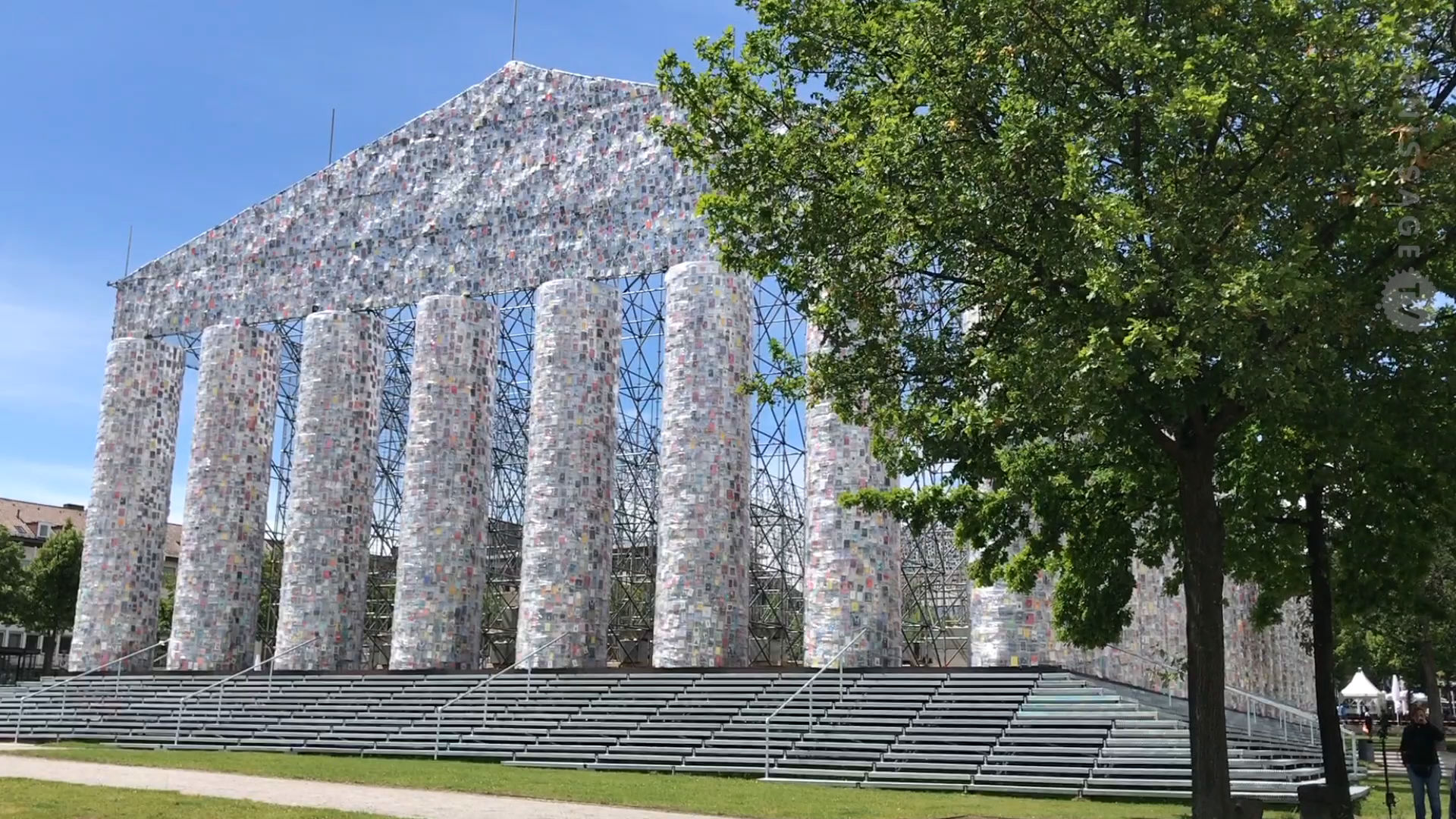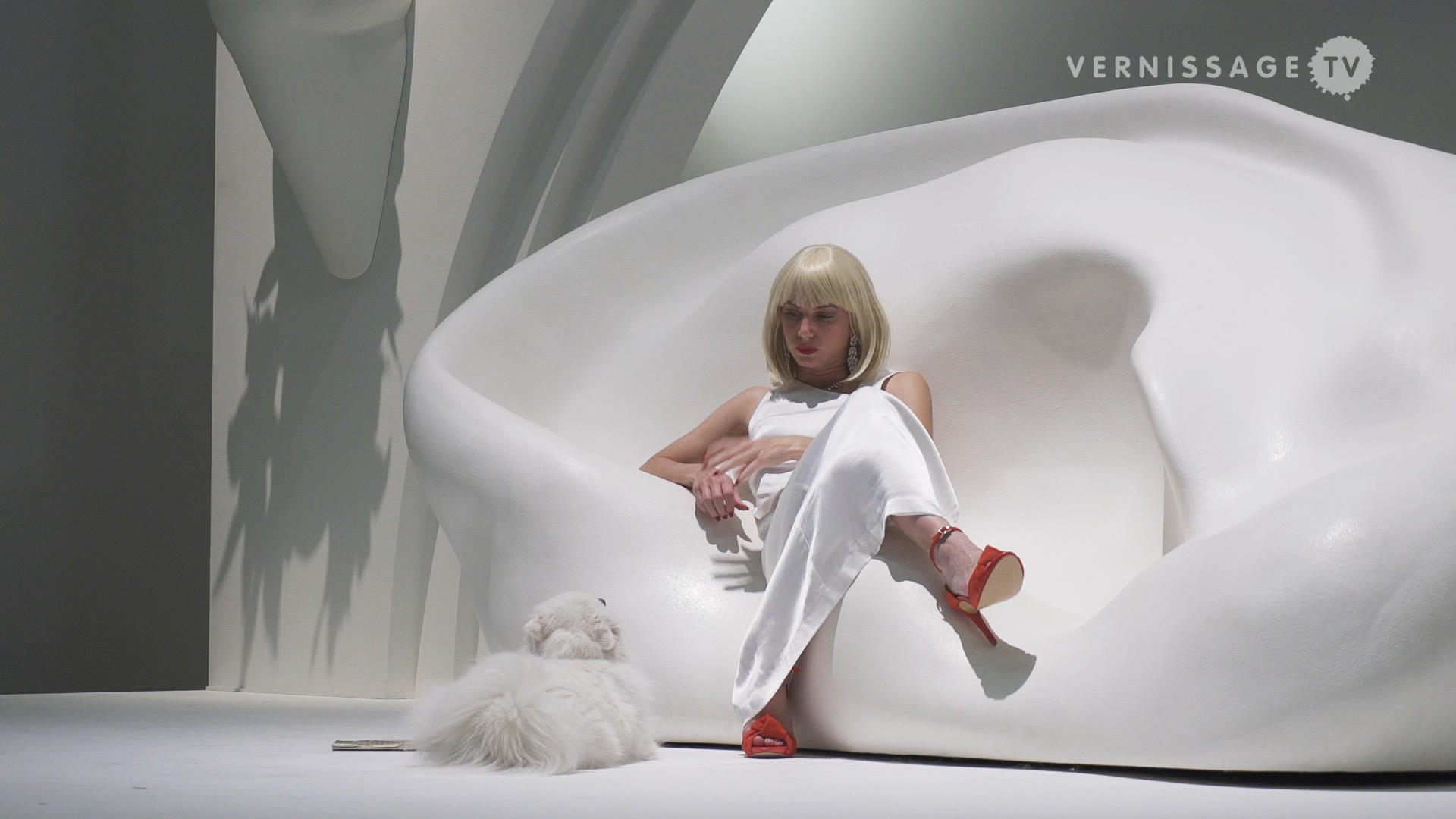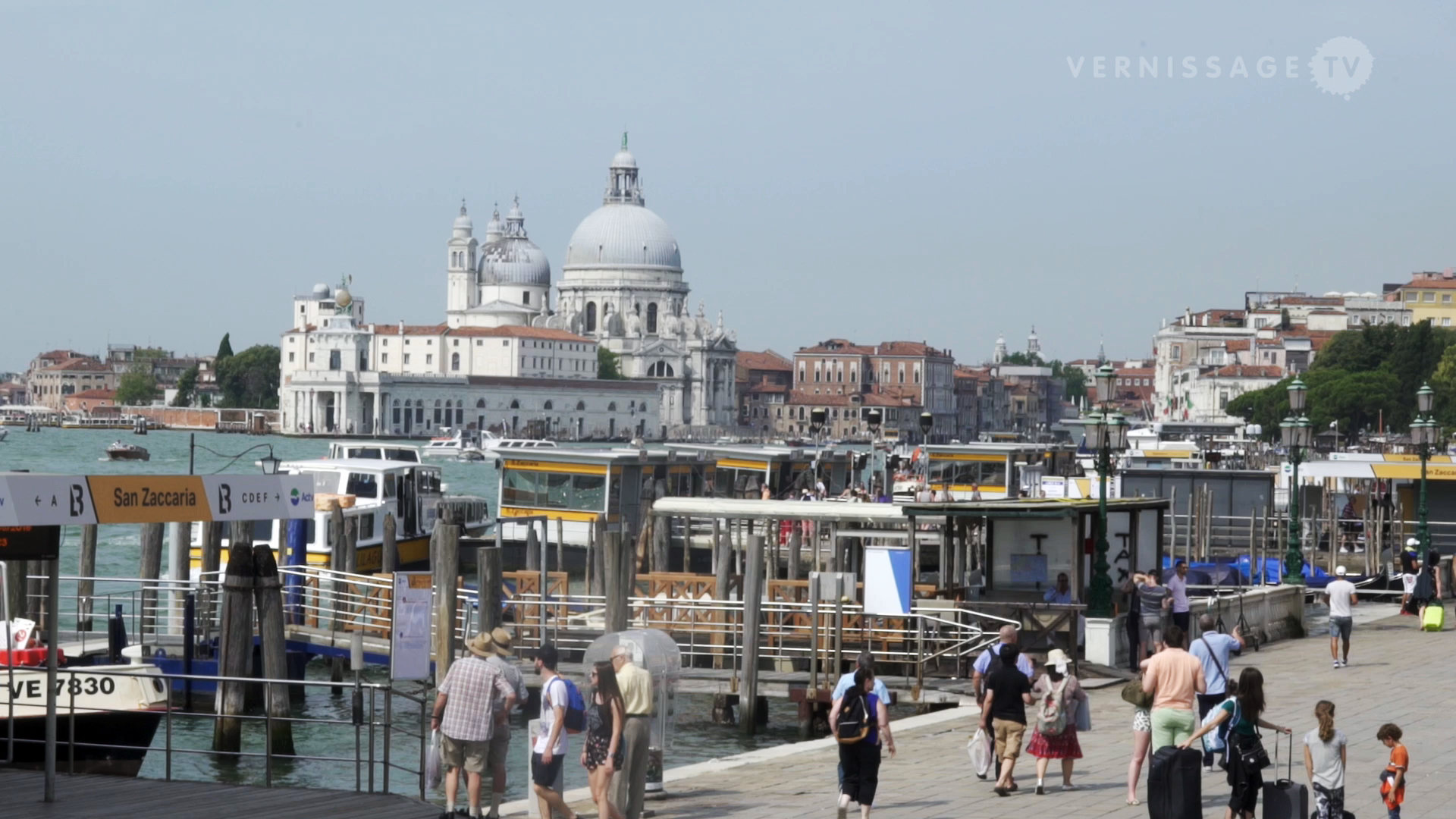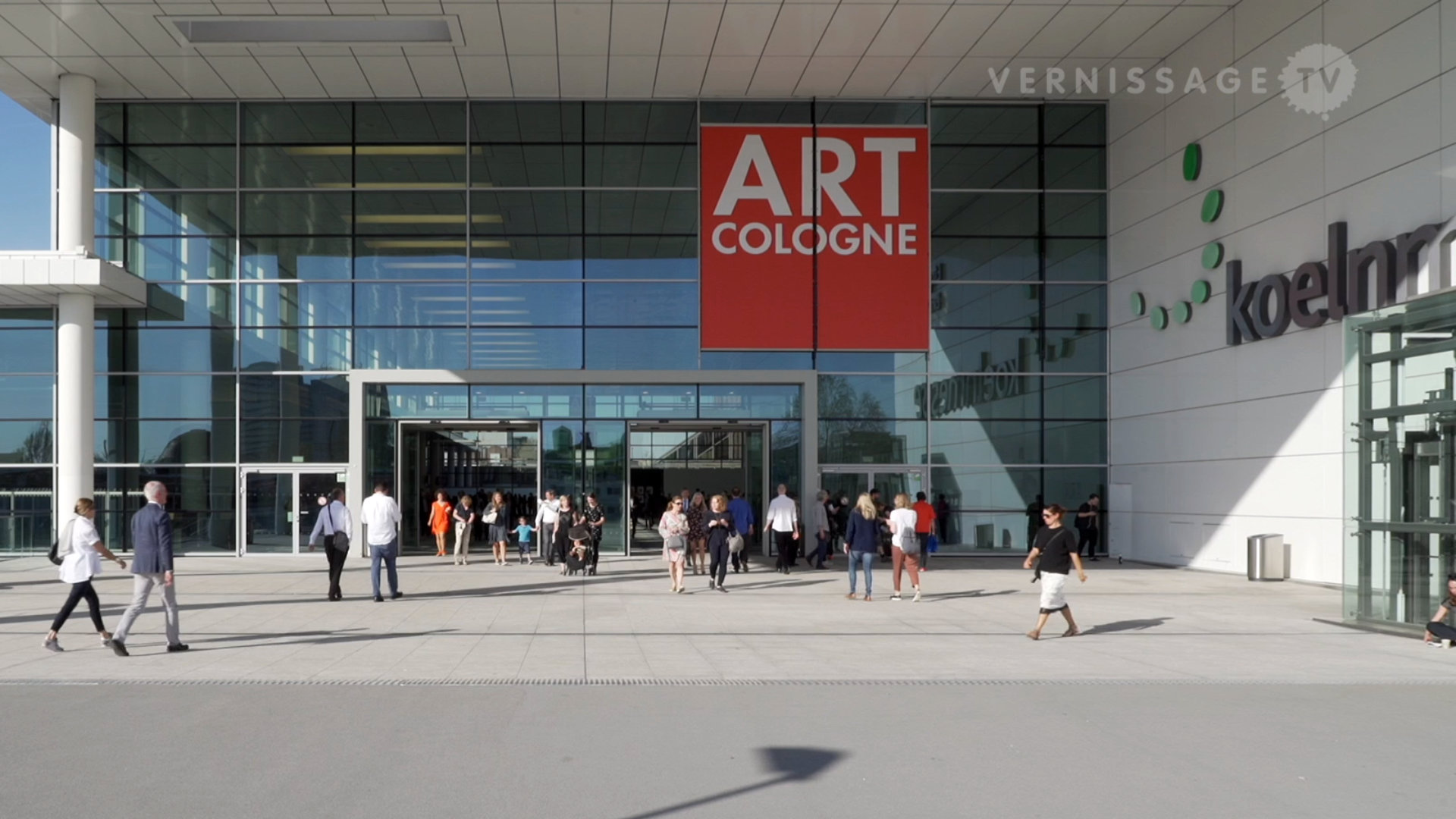Kunstverein München in Munich, Germany presents the first international survey exhibition of Lebanese artist Akram Zaatari.
In his work the artist Akram Zaatari examines the cultural and political conditions of Lebanon’s postwar society, dedicating parts of his research to the phenomenon of the national resistance movements, as well as underlining the inaccurate representation of territorial conflicts within the media.
As co-founder of the Arab Image Foundation in Beirut, collecting, archiving and analysing the visual history of an uneven modernity in the Middle East forms the basis of Zaatari´s work.
Akram Zaatari´s artistic practice is an ongoing study of historical photographic documents, and their relationship to personal histories – confronting personal with historical political events.
The short film “Saida June 6th 1982” for example, is an animated collage of photos, which Zaartari – when he was just 16 years old – took on the first day of the Israeli invasion from the balcony of his parents’ house. Often his chosen form of presentation can be read as a parable for the political and cultural shifts taking place in Beirut and across the Middle East.
Akram Zaatari (*1966 Saida, Lebanon) lives and works in Beirut. He has been showing his work in solo exhibitions (2007, Art Basel; 2005, Grey Art Gallery, New York; 2004 Portikus, Frankfurt; 2002, Palais des Beaux Arts, Brussels) and group exhibitions (2008, Centre Georges Pompidou, Paris; 2007, 52. Biennale, Venice; 2006, Sao Paulo Biennale, Gwangju Biennale,Korea; Sydney Biennale).
Akram Zaatari at Kunstverein München. Munich, Germany, March 27, 2009. Video by Gürsoy Dogtas.
> Right-click (Mac: ctrl-click) this link to download Quicktime video file.



